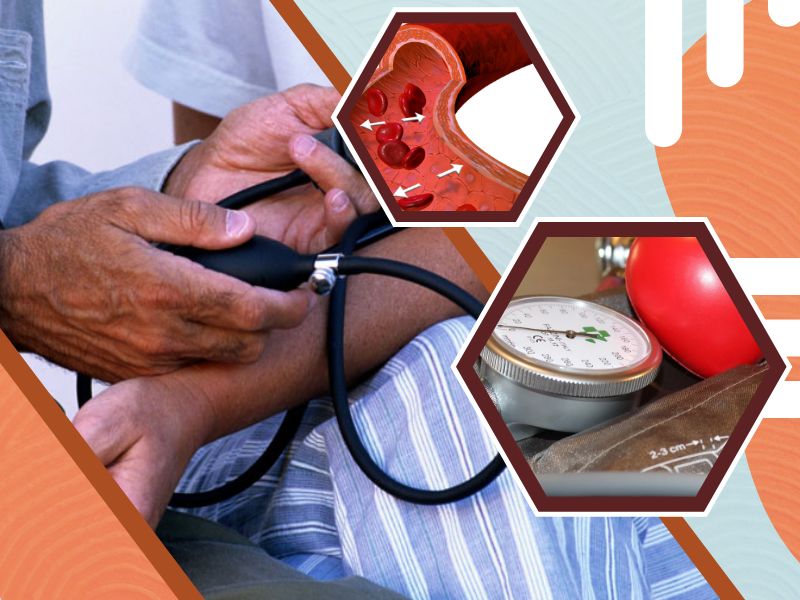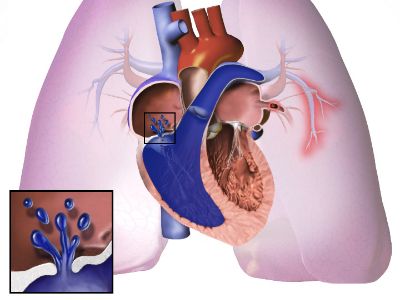Treatment for High Blood Pressure

High Blood Pressure is a major health problem that is common in older adults. Your body’s network of blood vessels changes with age. High blood pressure is sometimes called the silent killer which often does not cause any signs of illness that you can see or feel. Even though it affects nearly half of all adults, lots of people may not even be aware that they have it.
If high blood pressure isn’t controlled with lifestyle changes and medication, it can lead to serious health problems including:
- Cardiovascular diseases such as heart disease and stroke
- Vascular dementia
- Eye problems
- Kidney disease
The good news is that blood pressure can be controlled in most people.

Causes of High Blood Pressure
There are two types of high blood pressure:
- Primary hypertension: For most adults, there is no recognizable cause of high blood pressure. This type of high blood pressure tends to develop gradually over many years.
- Secondary hypertension: This type of high blood pressure tends to appear suddenly and causes higher blood pressure than does primary hypertension.
Risk Factors of High Blood Pressure
High blood pressure has various risk factors:
- Family history
- Not being physically active
- Being overweight or obese
- Using tobacco
- Too little potassium or too much salt in your diet
- Stress
- Drinking too much alcohol
- Certain chronic conditions
Symptoms of High Blood Pressure
Most people with high blood pressure have no symptoms, even if blood pressure readings reach dangerously high levels.
A few people with this condition may have shortness of breath, headaches, or nosebleeds, but these signs and symptoms are not specific and usually don’t occur until high blood pressure has reached a severe or life-threatening stage.
Diagnosis for High Blood Pressure
Your physician will ask questions about your medical history and do a physical analysis. The doctor or other medical assistant will place an inflatable arm cuff around your arm and measure your blood pressure using a pressure-measuring gauge. Your blood pressure usually must be measured in both arms to define if there is a difference. It is important to use an appropriate-sized arm cuff.
Blood pressure normally varies during the day and might increase during a doctor’s. Your doctor will likely take several blood pressure readings at three or more separate appointments before diagnosing you with high blood pressure.
Treatment and Medications for High Blood Pressure

Changing your lifestyle can help control and manage high blood pressure. Your doctor may recommend that you make lifestyle changes including:
- Limiting the amount of alcohol you drink
- Getting regular physical activity
- Eating a heart-healthy diet with less salt
- Maintaining a healthy weight or losing weight if you’re overweight or obese
However, sometimes lifestyle changes are not enough. If diet and exercise don’t help, your doctor may recommend medication to lower your blood pressure.
Medications used to treat high blood pressure include:
1. Calcium channel blockers
- Amlodipine (Norvasc)
- Diltiazem (Cardizem, Tiazac)
2. Angiotensin II receptor blockers (ARBs)
- Candesartan (Atacand)
- Losartan (Cozaar)
3. Angiotensin-converting enzyme (ACE) inhibitors
- Lisinopril (Prinivil, Zestril)
- Benazepril (Lotensin)
- Captopril
4. Diuretics
- Triamterene (Dyazide, Maxide)
- Spironolactone (Aldactone)



